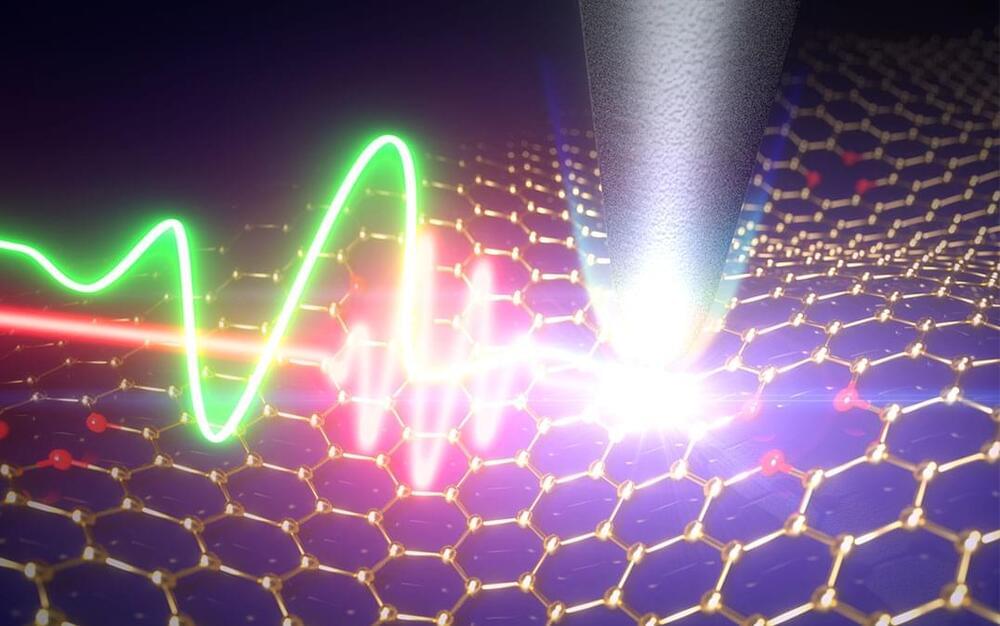Scientists from the Faculty of Pure and Applied Sciences at The University of Tsukuba created scanning tunneling microscopy (STM) “snapshots” with a delay between frames much shorter than previously possible. By using ultrafast laser methods, they improved the time resolution from picoseconds to tens of femtoseconds, which may greatly enhance the ability of condensed matter scientists to study extremely rapid processes.
One picosecond, which is a mere trillionth of a second, is much shorter than the blink of an eye. For most applications, a movie camera that could record frames in a picosecond would be much faster than necessary. However, for scientists trying to understand the ultrafast dynamics of materials using STM, such as the rearrangement of atoms during a phase transition or the brief excitation of electrons, it can be painfully slow.
Now, a team of researchers at the University of Tsukuba designed an STM system based on a pump-probe method that can be used over a wide range of delay times as short as 30 femtoseconds (ACS Photonics, “Subcycle mid-infrared electric-field-driven scanning tunneling microscopy with a time resolution higher than 30 fs”).
